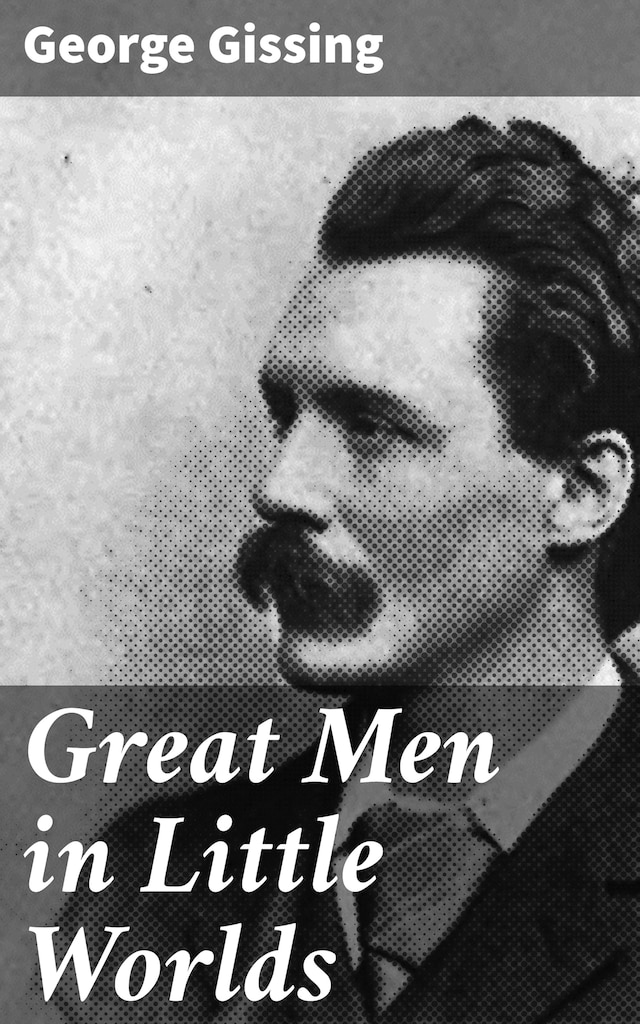
Great Men in Little Worlds
Exploring the Complexities of Urban Existence in Late 19th Century London
Tietoa kirjasta
In "Great Men in Little Worlds," George Gissing artfully explores the intricate tapestry of human relationships and social dynamics through a series of interconnected narratives. Written in the late 19th century, the novel reflects Gissing's trademark realism, capturing the ethical dilemmas and existential struggles faced by his characters. The book intricately weaves themes of ambition, societal expectations, and personal disillusionment within a richly detailed Victorian backdrop, offering keen insights into the psychological undercurrents that motivate human behavior. Gissing'Äôs prose is marked by its lyrical quality, deft characterizations, and sharp social critique, making it a potent example of literary naturalism that invites readers to ponder the nuances of human ambition in constricted environments. George Gissing, a significant voice in late Victorian literature, faced numerous personal challenges, including financial hardships and professional setbacks, which deeply informed his writing. His experiences in the working class and exposure to various social issues enabled him to develop a profound understanding of human nature and societal constraints. Gissing'Äôs intellectual pursuits, combined with his firsthand knowledge of hardship, culminate in this work as he endeavors to present the complexities of character and the weight of societal influences. "Great Men in Little Worlds" is not merely a novel; it is a crucial lens through which to examine the interplay of individual aspiration and the environment. Readers seeking an insightful exploration of human character amid social pressures will find Gissing's work both compelling and thought-provoking. This book serves as a critical reminder of the personal battles fought within the confines of society, making it a must-read for those interested in the intersections of literature and social philosophy.
 George Gissing
George Gissing 78 Sivua
78 Sivua